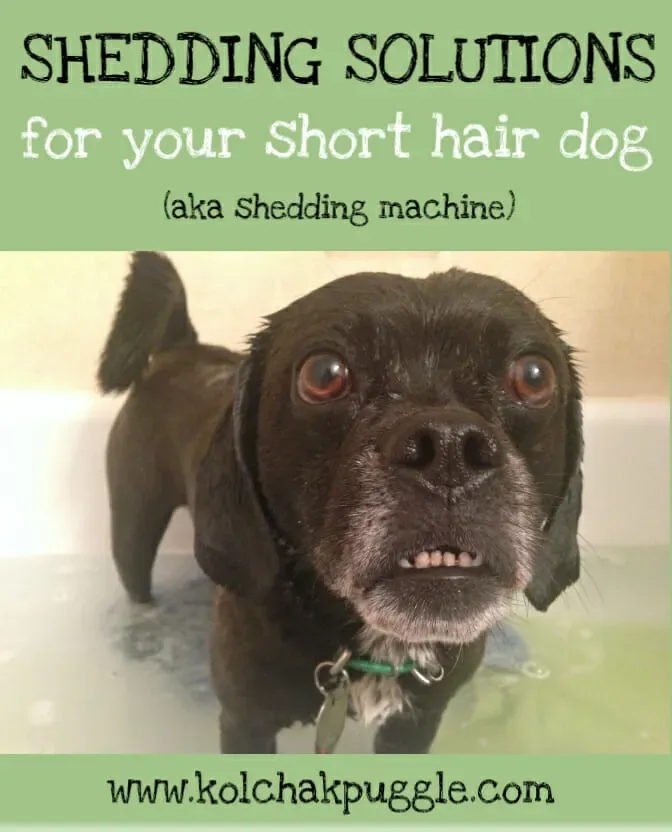Shedding is a common concern for dog owners. While it’s a natural process, excessive shedding can be frustrating, leading to fur-covered furniture and clothes. If you’re looking for a canine companion that won’t leave a trail of hair, consider a small, short-haired dog breed that doesn’t shed much.
This guide will explore some of the best low-shedding, small, short-haired dogs, along with essential grooming tips to minimize shedding even further.
Some breeds are known for low shedding. If you are interested in toy breeds, explore small toy dog breeds that don t shed.
 Small Short Haired Dog Being Groomed
Small Short Haired Dog Being Groomed
Why Choose a Low-Shedding Dog?
There are several advantages to owning a dog that doesn’t shed much:
- Reduced Allergens: Less shedding means fewer allergens in your home, making these breeds suitable for people with mild allergies. These dogs are often called hypoallergenic. If you are concerned about allergies, learn more about small dog breeds that dont shed and are hypoallergenic.
- Cleaner Home: Less hair floating around means less time spent vacuuming and dusting.
- Easier Grooming: While all dogs require some grooming, low-shedding breeds generally need less frequent brushing and bathing.
Top Small Short Haired Dogs That Don’t Shed (Much)
While no dog is 100% non-shedding, these small, short-haired breeds are known for minimal shedding:
- Miniature Poodle: Poodles have a unique, curly coat that traps loose hair, preventing it from shedding. They require regular grooming, including professional haircuts, to prevent matting.
- Dachshund (Wirehaired): The wirehaired Dachshund has a double coat, but the shedding is minimal, especially with regular brushing.
- Boston Terrier: This breed has a smooth, short coat that sheds very little.
- Miniature Schnauzer: Schnauzers have a double coat that requires regular trimming, but they are considered low-shedders.
- Bichon Frise: Known for their white, fluffy coats, Bichons are surprisingly low-shedding. They require regular professional grooming to maintain their coat and prevent matting.
Essential Grooming Tips for Low-Shedding Breeds
Even low-shedding dogs need regular grooming to keep their coats healthy and minimize any shedding that does occur. Here’s a four-step grooming routine to help:
Step One: Deshedding Tool
Invest in a high-quality deshedding tool. These tools are designed to remove loose hair from your dog’s coat before it has a chance to shed around your house. Look for a tool specifically designed for short-haired breeds.
Step Two: Wet the Coat
This is the secret weapon in the fight against shedding! Thoroughly wet your dog’s coat. You can give them a full bath with a dog-friendly shampoo or simply use a spray bottle to dampen their fur. The key is to get the fur completely soaked.
Step Three: Zoom Groom
Once your dog’s coat is wet, use a Zoom Groom or similar rubber brush. These brushes are incredibly effective at removing loose hair from wet fur. You’ll be amazed at how much hair comes off! Work the brush through your dog’s coat in a circular motion, paying attention to areas where shedding is more noticeable.
Step Four: Wipe Down
After brushing, use dog grooming wipes to remove any remaining loose hair. Wipe your dog down from head to tail, paying particular attention to areas like their legs and belly. Repeat this step once your dog is completely dry, as more loose hair may surface.
Additional Tips to Minimize Shedding
- High-Quality Diet: A healthy diet is crucial for maintaining a healthy coat. Look for dog food that is rich in omega-3 and omega-6 fatty acids, which can help reduce shedding.
- Regular Bathing: Bathing your dog regularly (every 1-2 weeks) can help remove loose hair and keep their coat clean and healthy. Use a dog-specific shampoo to avoid drying out their skin.
- Consult with a Veterinarian: If your dog is shedding excessively, it’s important to consult with a veterinarian to rule out any underlying medical conditions.
Conclusion
Owning a small, short-haired dog that doesn’t shed much can be a great way to enjoy the companionship of a canine friend without the constant hassle of cleaning up hair. By choosing the right breed and following a consistent grooming routine, you can minimize shedding and keep your home clean and allergen-free.
